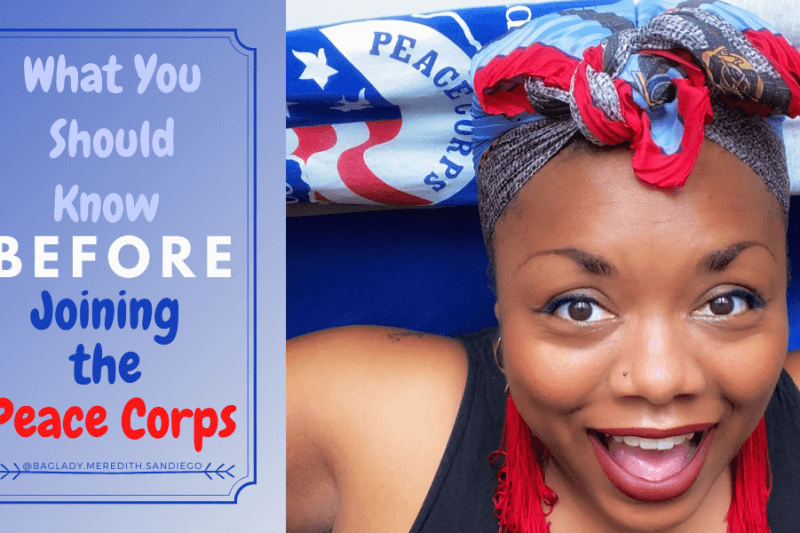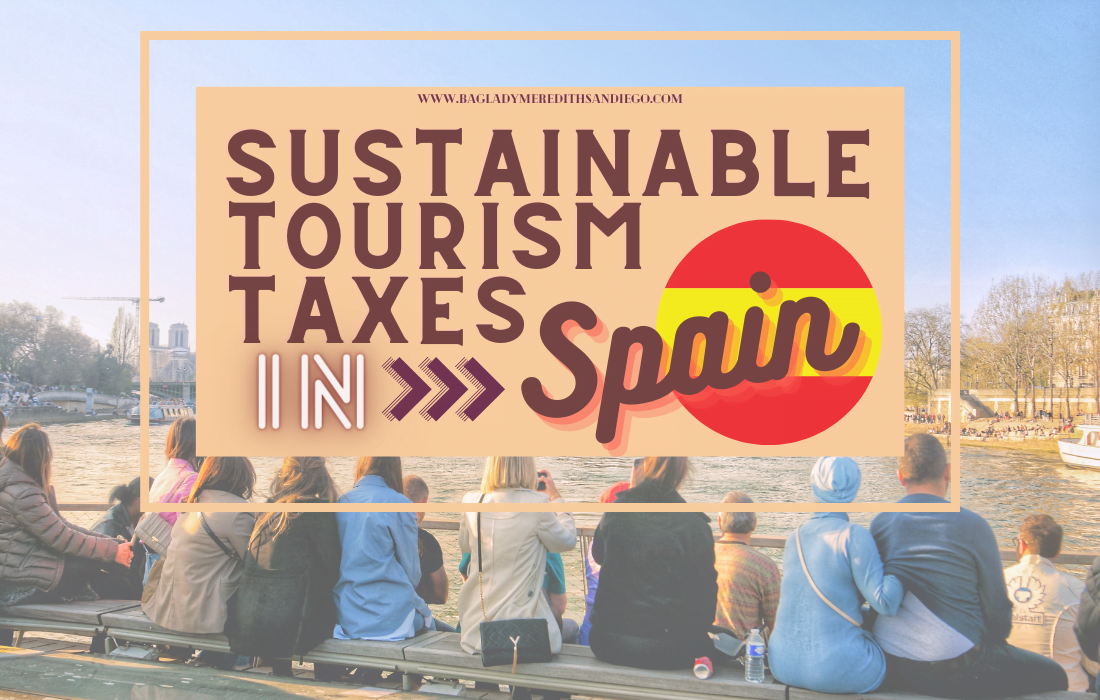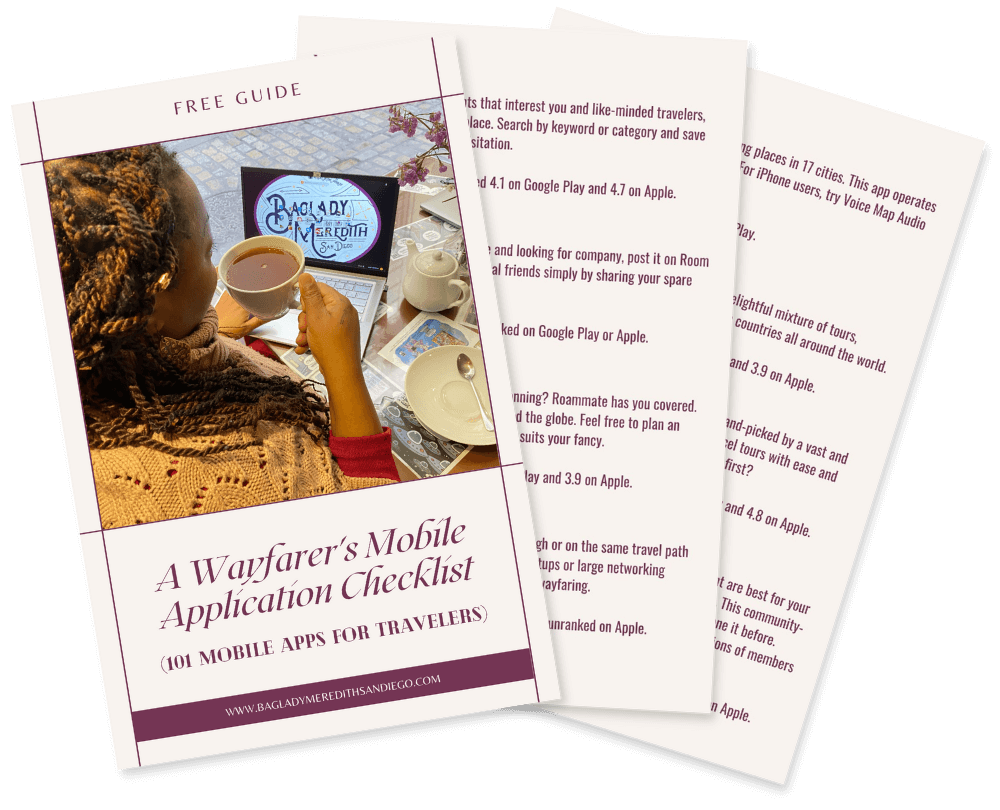Representing an entire nation in a rural location somewhere on the other side of the planet is anything but easy. But that is precisely what is expected of an active PCV (Peace Corps Volunteer). Although the organization does its best to set volunteers up for success, there are elements of service that can only be understood by those who have served. What exactly do I mean? Read on to learn more about what you want to know before joining the Peace Corps.
They say hindsight is 20/20… But let’s start at the beginning.
On a mild September afternoon, a plane carrying 54 other American citizens touched down at the Alexander the Great Airport in Skopje, (North) Macedonia. The group was a total stranger, but had bonded over having the courage to give back on such a grandiose scale. Neither of us had a clue what to truly expect from this adventure, only that we had signed up to be here.
Armed with pamphlets, plastic-ringed binders, and a lot of gumption, we disembarked into a foreign land and an entirely foreign way of existing.
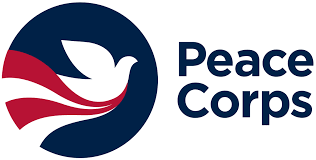
The beginning: what I wish I knew
What I wish I knew before joining the Peace Corps was the aspect of what I came to refer to as the “third culture”. The first culture is our home country (American culture), and the second is the country of service. The third culture is the Volunteers themselves.
The interview process was arduous and took more than a year from start to finish. Aware that the best of the best are selected to serve, I was shocked that some of the bodies around me had been extraordinarily sheltered. Some had never owned a passport or even been outside of their home-State. And the most shocking of all, some had never shared the same air as a Black person or someone of LGBTQI identities.
That last part threw me, too.
Third culture issues aside, the journey continued forward. Here’s more about what you want to know before joining the Peace Corps.
The middle: what I wish I knew
All new Volunteers must get through three months of intense culture and language training. This training is referred to as PST (Pre-service Training). During this training sequence, Volunteers become acquainted with one another, the Peace Corps staff, as well as the restrictions and expectations of service.
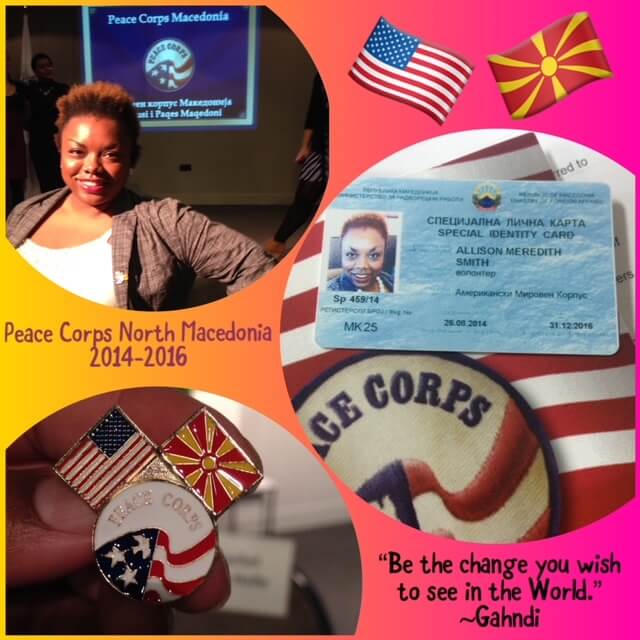
PST is heavily monitored by staff members and select outgoing Volunteers (of an earlier generation) for red flags in behavior, and to allow for those no longer sure they wanted to commit to the program, the chance to walk (well, fly) away.
It is in PST that some of the heaviest elements of service are cemented.
Peace Corps Volunteering is a 24/7 job
You are consistently “on” even when you are not working. That means that if you are tired and want to sleep, but your host family wants to take you somewhere, you should (have to) go anyway.
Additionally, the weekend counts against you for vacation. That’s right! You thought you could take an even longer holiday by wrapping it around a weekend the way you would in the USA? Sorry. Choosing to do so doesn’t save you any vacation days at all because PC is considered to be a 24/7 position. So go ahead, take that week-long vacation beginning right on Monday, because it makes no difference.
Isolation is to be expected
Personally, I was placed in a rural village of fewer than 2,500 people. For the majority of the time, I was the only Volunteer (American) stationed there. This meant I spent a lot of time alone. I lived with a host family, which was equal parts wonderful and draining, but I sought out solitude often. Listening and speaking in a foreign language, consistent code-switching laced with a ton of people-pleasing, left me exhausted.
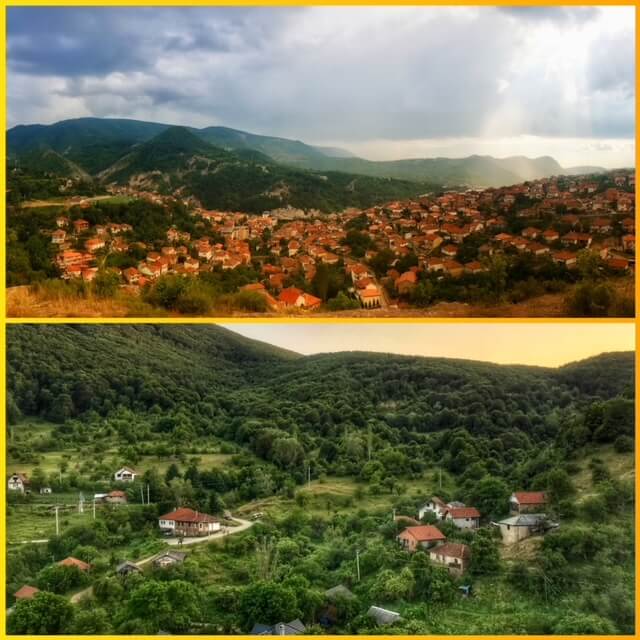
For some, isolation is terrifying. And understandably so. When confronted with silence, there is no choice but to confront oneself, too. Some of us may not like what we find out about ourselves as a result. Others gain profound self-awareness and adapt accordingly. Which type might you be?
What side hustle?
As a PCV, you belong to the Government, so to speak. They are physically responsible for your well-being. But they are also entitled to ownership of whatever projects you become involved in. Want to write that book, start a business to make extra funds while serving? The Peace Corps has rights to all of it.
Consider that greatly and inquire with the correct channels beforehand to gain a clear picture of the restrictions therein.
The end: what I wish I knew
Reverse culture shock is real! For example, being in the toothpaste aisle of the grocery store can catalyze serious bouts of anxiety. When your mind has expanded to understand that capitalism is at the root of everything in the States, it makes it complicated to see past that fact. Why are there dozens upon dozens of toothpaste selections at all? In my village, there were four choices, tops!
Further still, witnessing the massive amounts of waste and how naturally it comes to the majority of Americans can be nauseating. After knowing families that make do with eating salt and bread (or less) to feel full, watching an American family member disregard an entire uneaten plate of food into the garbage is devastating.
After witnessing how the other part of the world lives, you are changed forever.

Hindsight is 20/20
As an RPCV (Returned Peace Corps Volunteer), hindsight is most certainly 20/20. Half of the bits I expected to happen during my service did. But a gazillion bits I never saw coming smacked me square in the face. The latter motivated me to share my insight into what people assume the Peace Corps is like vs what serving is actually like.
Ultimately, what you want to know before joining the Peace Corps is that you must be as ready as possible to deal with the unexpected.
Whether you like it or not, as a PCV, you are in for the ride of your life! The Peace Corps changed my entire trajectory of mine. I am beyond grateful for the allied friendship I have cultivated during my service. And I am beholden to the Peace Corps North Macedonia staff and HCNs (Host Country Nationals – it’s a fancy way to say locals) and my host family for welcoming me with such love and kindness.
You can hear more about my individual Peace Corps experience in North Macedonia on the My Peace Corps Story podcast. Or watch more Macedonian traditions on the Meredith San Diego vlog below.
Disclaimer & PSA: The opinions expressed in this blog are my own and independent from those of the United States Peace Corps or my fellow (R)PCVs.

